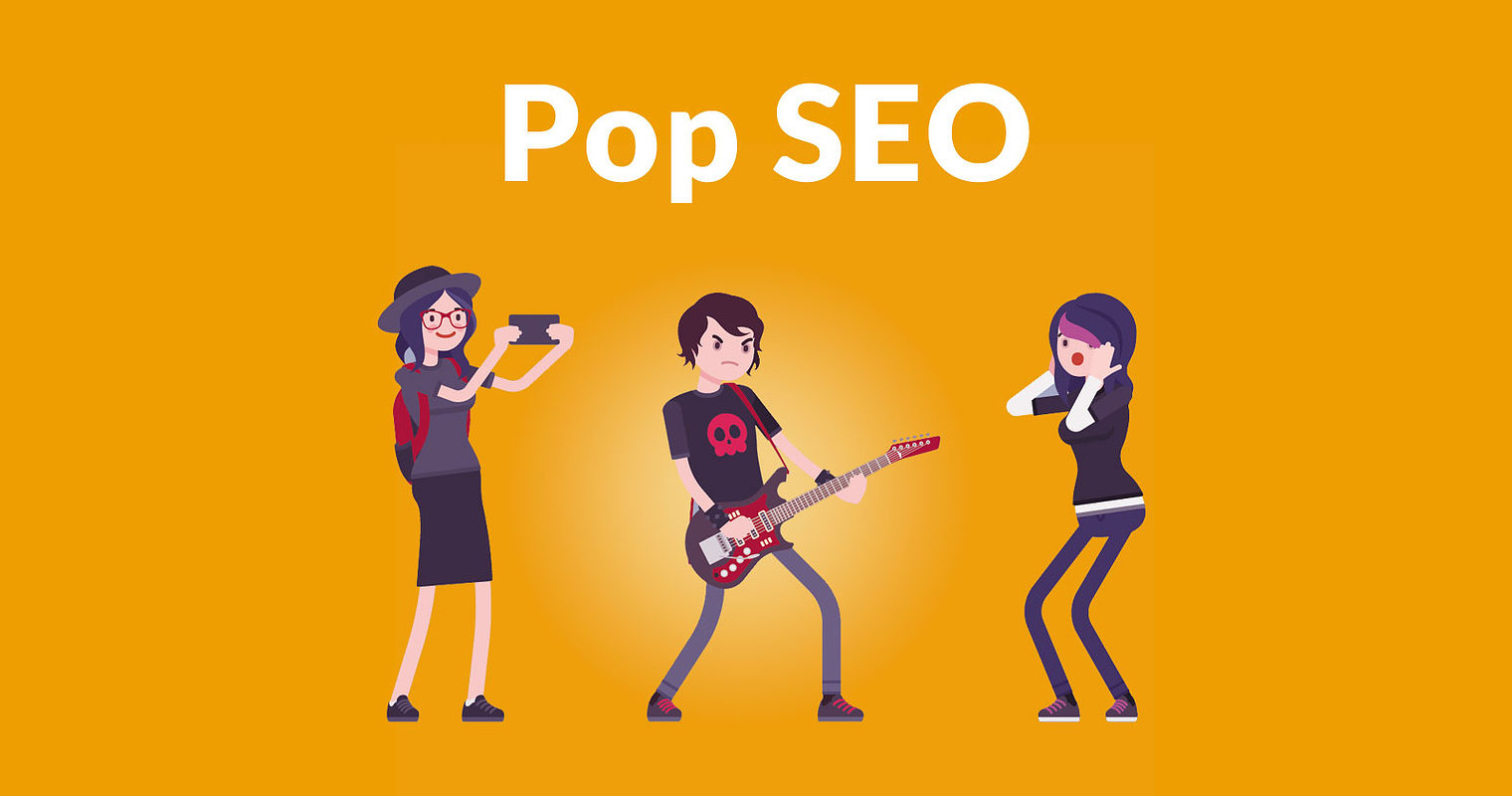
There are case studies circulating now in some
blogs and Facebook groups about a certain “content cannibalization penalty”
being imposed by Google. Apparently websites that are found guilty are
penalized with low rankings because of this hypothesis. These case studies seem
so real but does it mean that there is a reality to this hypothesis? Does it
really matter to know the real reason why a webpage is low ranked?
When penalties are being discussed, it is really
about the algorithms used by search engines. Algorithms can be traced back to a
patent application or a research program. Therefore, there is really no mystery
with regards to it. Google said that it operates transparently. People can
access the Research page of Google and read the publication section where they
can find out its latest research regarding search engines.
According to Google, it publishes research papers
by the hundreds each year. By doing this, it is able to cooperate and share
concepts with and also learn from the rest of the scientific community. Google
added that when ideas are tested by way of true product implementation at the
time they are published, submission will be made stronger.
SEO Theory Should Take Precedence
SEO theory should be more important than SEO
hypothesis. Followers of POP SEO hypothesis commonly promote concepts that seem
reasonable and common sense. However, they seldom link to or cite scientific
research studies, statements, or patents by Googlers. More often than not,
their concepts are just gut feelings.
POP SEOs are almost always characterized only by
hypothesis, says Google. They don’t cite any evidence or citations that will
show that they have basis in fact. They are reasonable, yes, but they are still
guesses only.
One Can Always Research Algorithms
A researcher can always identify a penalty to an
established algorithm. This is the issue confronting the hypothesis of content
cannibalization because there is no algorithm for information retrieval or spam
catching which is designed to lower the rank of similar content from one
website. Google claims that it has no such thing.
What Really Happens
People who are talking about POP SEO are
confusing inability to rank as a result of being penalized. Ranking for a while
with poor quality contents and links and then eventually dropping is regarded
as penalty when in fact it is just the place where it is supposed to be.
The Real Issue With Content Cannibalization
Those who forward the concept of content cannibalization say that “advanced SEOs” are the only ones who know about this
Google penalty. Google say this is not true. This idea could have been
popularized by Rand Fishkin’s article published in 2007. It is not advanced and
it is not a secret. But Google says that there are many reasons why the
addition of several pages with the same content could cause the drop in ranking
of a primary page.
One of the reasons could be that the pages
contain many words but there is really no original content. Another reason is
the page’s information architecture is bad. The quality of lack of it with
regards to site architecture will affect the extent the site will be crawled. A
third reason is the page’s compressibility. If a page uses the same words and
phrases, it will compress the page even more causing its de-ranking. Therefore,
it is very important to understand how these factors can affect the search engine
rank of a page.